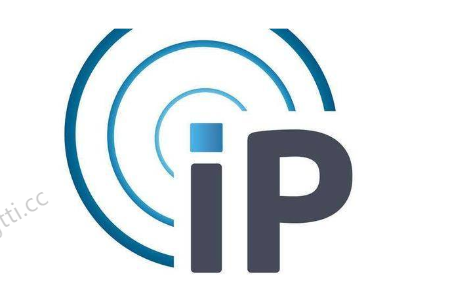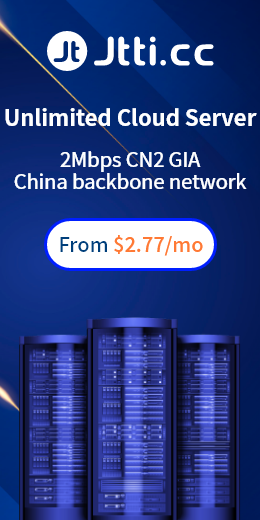Residential dynamic IP, residential static IP and data center IP are common types of IP addresses in the network, and they are different in usage scenarios, functions and characteristics.
Residential dynamic IP refers to the dynamic IP address assigned to residential users by the Internet Service Provider (ISP). A dynamic IP address means that every time you connect to the network, the ISP will randomly assign an IP address to the user, and a different IP address may be assigned the next time you connect. Residential dynamic IP is suitable for ordinary home users, because its usage scenarios are mainly for daily applications such as Internet browsing, downloading, and video viewing, and do not require a fixed IP address. The advantage of residential dynamic IP is that it is cheap and easy to obtain, but the disadvantage is that it is unstable and not suitable for applications that require long-term stable IP addresses.
Residential static IP refers to the fixed IP address assigned to residential users by ISP. Residential static IP is suitable for applications that require long-term stable IP addresses, such as remote office, video surveillance, game servers, etc. The advantage of a residential static IP is that it is stable and reliable, but the disadvantage is that it is expensive and requires an additional fee for renting an IP address.
Data center IP refers to the IP address provided by the data center for hosting services such as websites, applications, and databases. The data center IP is usually a static IP address, which has the characteristics of high bandwidth, high stability, and high security. Data center IP is suitable for application scenarios requiring high performance and high reliability, such as enterprises and institutions. The advantages of data center IP are stability, high speed, and security. The disadvantage is that the price is relatively high, and additional hosting fees need to be paid.

In addition to the above differences, residential dynamic IP, residential static IP and data center IP have the following differences:
1. IP address allocation methods are different. Residential dynamic IP and residential static IP are allocated to residential users by ISP, while data center IP is allocated to enterprises or institutions by data center providers.
2. Different network bandwidth The network bandwidth of residential dynamic IP and residential static IP is generally low, which is suitable for home users and small businesses, while the network bandwidth of data center IP is usually high, suitable for large enterprises and institutions.
3. Different security The security of residential dynamic IP and residential static IP is relatively low, and it is vulnerable to network attacks and hacker attacks, while the security of data center IP is relatively high, with security measures such as firewall and intrusion detection.
4. Management and maintenance The management and maintenance of different residential dynamic IPs and residential static IPs are relatively simple. Users can set and maintain them through the management tools provided by the ISP, while the management and maintenance of data center IPs are relatively complicated and require professional technical personnel. management and maintenance.
To sum up, residential dynamic IP, residential static IP and data center IP are different in usage scenarios, functions, characteristics, network bandwidth, security, management and maintenance, etc. Users need to choose the appropriate IP according to their needs address type.

 EN
EN
 CN
CN









